“Too bad
I’d just finished restoring my 1970, racing-green Volkswagen Karmann Ghia to
its original, stock condition, because that car accident I wasn’t a little
fender-bender. I was knocked unconscious, and the car was totaled. It looked
like an accordion. You can’t drive an accordion. Since it wasn’t my fault, at
least I got a decent settlement. But I don’t think I cared about having a big
wad of money, or even mustering the wherewithal to set myself free of the shoe
garden. Aric was gone and losing him made my heart ache like nothing I’d ever
felt before. I was in pain every which way.”
--From Shrapnel in the San Fernando Valley by
Carol Es
Self-taught artist, writer and musician, Carol Es is known
primarily for creating personal narratives within a wide spectrum of media. A
native Los Angelina, she often uses past experience as fuel for her subject
matter. Writing on art, her articles have appeared in Huffington
Post, Whitehot Magazine, and Coagula Art
Journal; her prose published with small presses — Bottle
of Smoke Press, Islands Fold, and Chance
Press among them. Additionally, she makes handmade Artist’s books
which have been acquired for such collections as the Getty and the National
Museum of Women in the Arts.
Carol is a two-time recipient of the ARC Grant from the
Durfee Foundation, the Pollock-Krasner, and a Wynn Newhouse Award for her art.
She’s also earned grants from Asylum Arts and the National Arts and Disability
Center/California Arts Council for writing. In 2019, she won the Bruce Geller
Memorial Prize (WORD Grant) from the American Jewish University.
Shrapnel
in the San Fernando Valley is a guided tour through a Tilt-A-Whirl life
that takes so many turns that you may find yourself looking up from the pages
and wondering how the hell one person
managed to fit them all into 40-odd
years. And many of them are odd years indeed. From a rootless, abusive
childhood and mental illness through serious and successful careers in music
and art, much of which were achieved while being involved in a notoriously
destructive mind-control cult. Carol Es presents her story straight up. No
padding, no parachute, no dancing around the hard stuff. Through the darkness,
she somehow finds a glimmer of light by looking the big bad wolf straight in
the eye, and it is liberating. When you dare to deal with truth, you are free.
Free to find the humor that is just underneath everything and the joy that
comes with taking the bumpy ride.
Illustrated
with original sketches throughout, Shrapnel
in the San Fernando Valley is not just another survivor's tale, it’s a
creative perspective through moments of vulnerability where the most raw and
intimate revelations are laid bare. As an artist and a woman finding
self-worth, it’s truly a courageous, relatable story that will keep you
engaged to the very end.
Interview:
Welcome, Carol! Your new memoir, Shrapnel in the San Fernando
Valley, sounds captivating! Can you tell us how you came up with the
idea to write this book?
Carol: Thank you for your interest and having me here. I’m
pretty thrilled!
The idea was more like a calling. I felt a need to, pretty
much my entire life. As I aged, it became a mountainous effort that morphed
into many different perspectives on how to approach it. But I knew my life had
many interesting stories for a book of some kind or another.
How hard and gut-wrenching was it to write a book like
this?
Would you like to talk a little bit about your childhood?
Carol: Not really, but I will.
Basically, my parents didn’t have a stable relationship and
broke up all the time. When that happened, we’d move again and again. I had to
fend for myself, grow up fast, and figure things out on my own. My mother had
bipolar at a time before her illness could be medically managed and she was
psychologically abusive in many ways. I then followed my older brother into
drugs and Scientology—kind of simultaneously. I got serious into the cult and
my brother went off path further into drugs. Meanwhile, some of his friends
sexually molested when no one was looking, yet under everyone’s noses. I wound
up leaving home to get out of the situation. I wasn’t even 15.
In your book, you talk about being a member of
a destructive mind-control cult, Scientology. Would you like
to tell us a little about that?
Carol: Yeah so during that time when I was separating myself
from one danger, Scientology gave me a kind of stability that I never had at
home. I was a wild child and the cult was severely organized. L. Ron Hubbard’s
doctrine is to be followed by the letter or it won’t work, or so he’s said. If
it doesn’t work, you’ve done incorrectly or wrong, and at times even evil and
deserve the terrible results you may be getting. Any cult or group like
Scientology can insidiously reform a person into giving up their critical
thinking skills and even take on perspectives that are similar to the
leader/inventor, in my case, L. Ron Hubbard. I was devout to everything he
wrote. For decades I was duped into believing he was right about pretty much
everything.
In one of your interviews, you are quoted as saying, “A memoir is supposed to be self-indulgent. It just feels uncomfortable.” Since the writing is over and your book has been released, let’s take a trip back to that uncomfortable zone. What parts of your book do you feel the most uncomfortable talking about?
Carol: Memoir and memory are funny things. All of history and
reality as we know it are based on the memories of our experiences. Events can
be corroborated, and I made sure I did that in every case when writing my
memoir—where it was possible—but in the case of me and another person who
happened to be abusing me, I felt uncomfortable describing those events. Not
because of the event itself; call it your typical trauma survivor symptom, but
I felt responsible for what happened to me on some level. I was torn between
stating the facts and expressing my personal experience. All the while, I was
filled with guilt because I wanted to be as fair as possible to my abuser. It’s
a warped perspective.
As for the self-indulgent thing, I do not know what goes on
in the minds of other people. It’s my story, my memoir, and I can’t plunge into
other people’s adventures or wild narratives. That’s a different genre.
Is there anything you’d like to tell your readers and
fans?
Carol: I love you, no matter who you are. Seriously. Even if
you think you’re my foe, and even if I haven’t met you yet.
Thank you for
this interview and giving me a chance to speak.






































































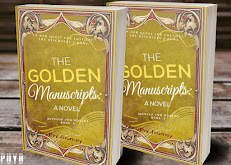






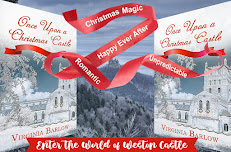
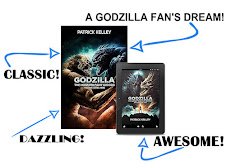


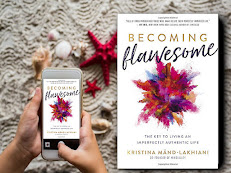



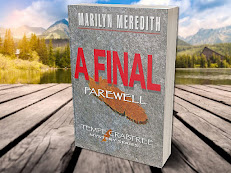

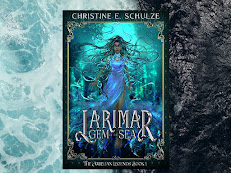

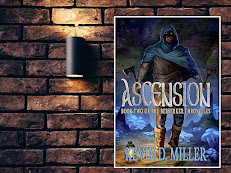
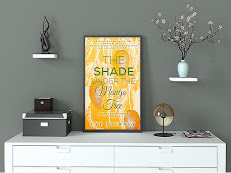
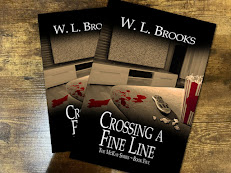



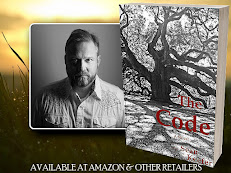



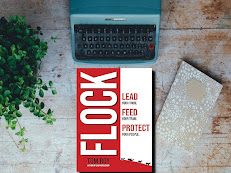
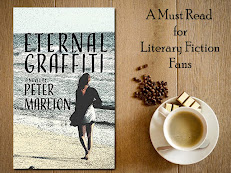
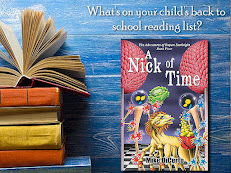

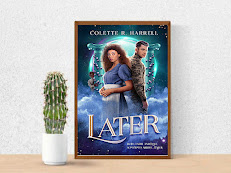


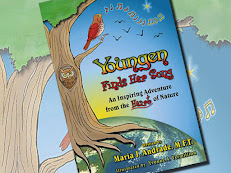






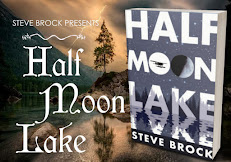










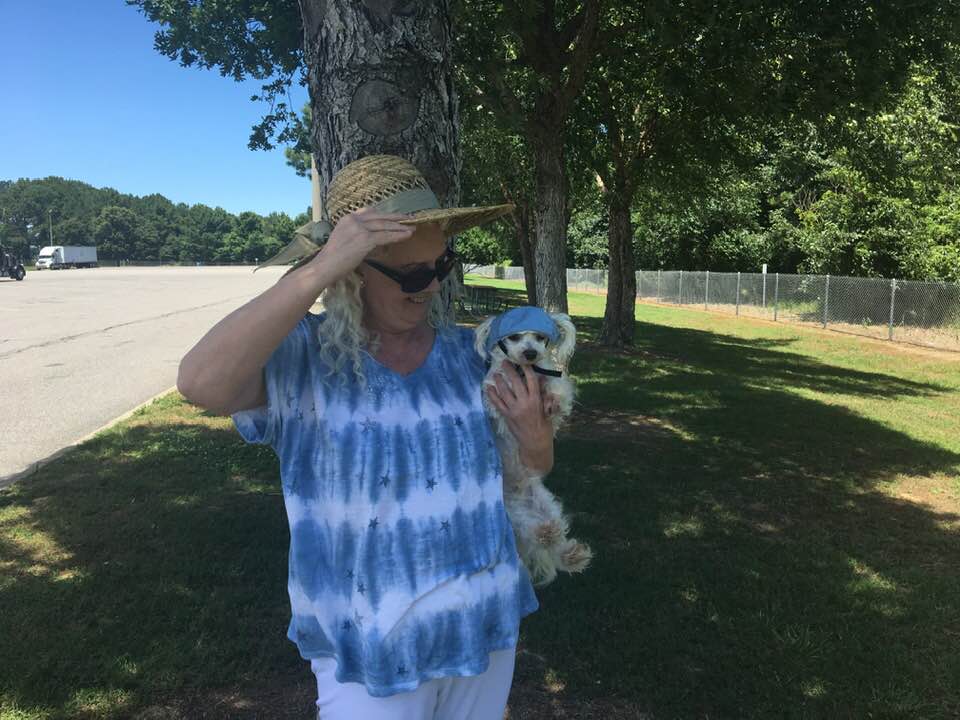
No comments:
Post a Comment
Thank you for your message!